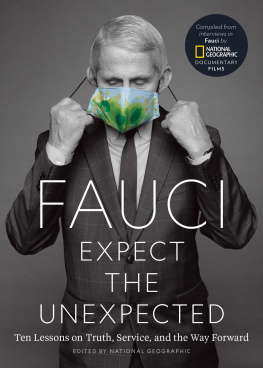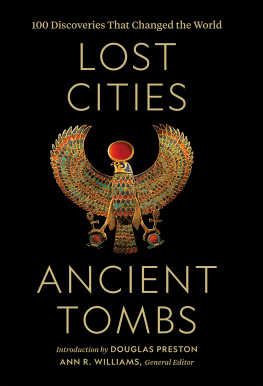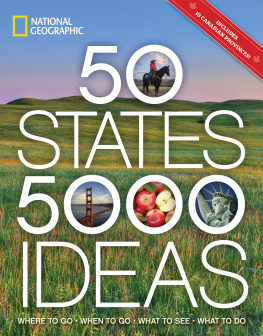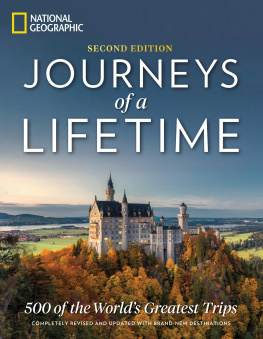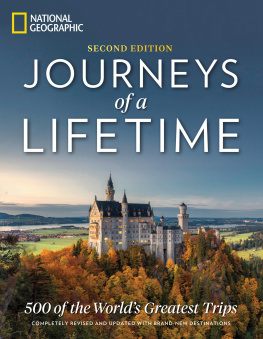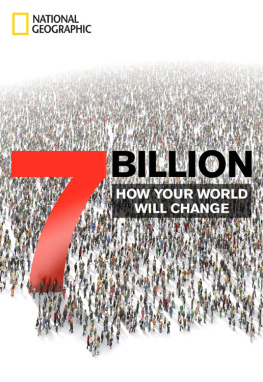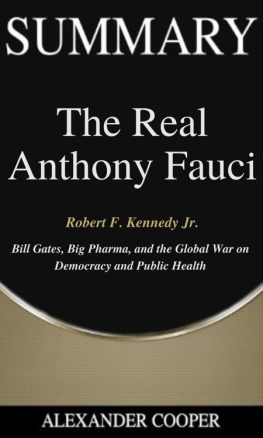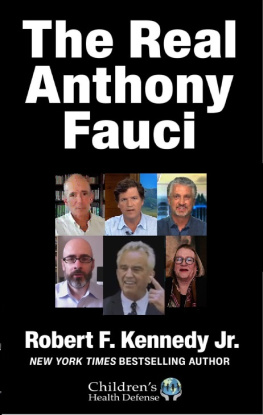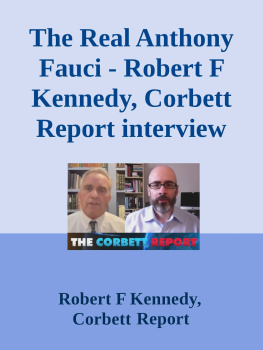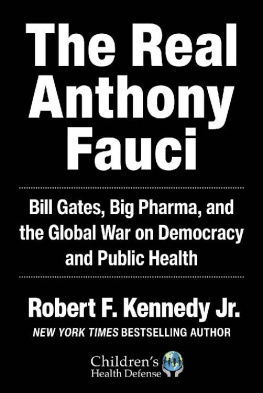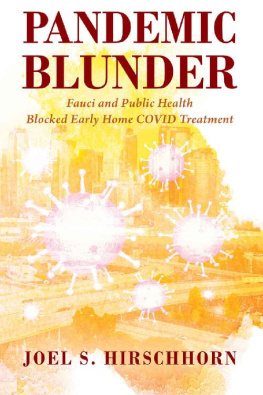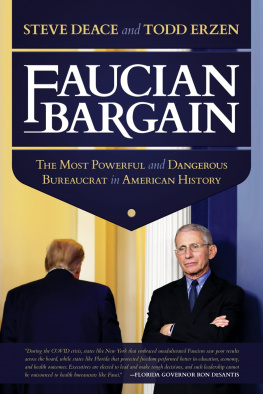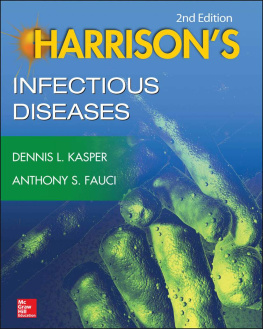Contents
Guide
Since 1888, the National Geographic Society has funded more than 14,000 research, conservation, education, and storytelling projects around the world. National Geographic Partners distributes a portion of the funds it receives from your purchase to National Geographic Society to support programs including the conservation of animals and their habitats.
Get closer to National Geographic Explorers and photographers, and connect with our global community. Join us today at nationalgeographic.com/join
For rights or permissions inquiries, please contact National Geographic Books Subsidiary Rights:
Copyright 2021 National Geographic Partners, LLC. All rights reserved. Reproduction of the whole or any part of the contents without written permission from the publisher is prohibited.
Additional quotes and material attributed to Dr. Fauci used by permission.
NATIONAL GEOGRAPHIC and Yellow Border Design are trademarks of the National Geographic Society, used under license.
This title was developed by National Geographic Books in connection with Fauci, a National Geographic Documentary Film. It draws from both existing speeches and original interviews given for the film. Dr. Fauci was not paid for his participation and will not earn any royalties from this books publication or from the documentary.
ISBN: 978-1-4262-2268-9
21/WOR/1
PRIORITIZE PEOPLE
When youre a physician, its just as important to know human nature as it is to know human physiology. The most important thing in the care of a patient is caring for the patient. Youve really got to care about them as a personnot as a statistic, or somebody youre going to bill, or somebody whos just one of a number of people.
THERES NO GRADATION OF WHOS MORE WORTHY OR NOT.
FOCUS ON COMPASSION
Its important to empathize with and understand a patient. If you are a physician or another health care provider, you must have nothing less than a complete commitment toward that person and establish a relationship based on sensitivity, comfort, compassion, reassurance, and respect.
Anthony Fauci was almost five years old in 1945 when the United States detonated atomic bombs over the Japanese cities of Hiroshima and Nagasaki, unleashing catastrophic damage and casualties and spurring Japans surrender to the Allies.
T hat moment when I saw my mother reading the New York Daily News with the big picture on the front page of the devastation in Hiroshima was a memorable moment for me. I had played war games as a child, where the good guys were the GIs and the bad guys were the Japanese, and when I saw the destruction in Japan, I thought, Wow, hey, thats great.
But I saw in my mother something that puzzled me at first. Then it became clear that despite the fact that these people were the enemy, my mother had a deep empathy for what they were going through.
I couldnt understand it at the time. I thought, Therere good guys and bad guys. How could you have empathy for the bad guys? But it got embedded in my mind, and many decades later, I still remember that scene in the living room in our apartment in Brooklyn. I can picture my mother sitting on the couch looking at the paper, and me looking over her knee. She was really sad.
That was a defining moment: understanding that you can feel empathy for people who are very different from youeven people who might officially be the enemy, who are trying to kill you and youre trying to kill them. I saw that you could still feel humanity toward them.
PRACTICE TOLERANCE
Homophobia was clearly pervasive at the outbreak of AIDS. Because I was spending most of my time with sick gay men, I saw homophobia in societyand by association, as their physician, I was on the receiving end of homophobic attacks.
I dont think I ever had any element of homophobia or even any inkling of that in me. I think it gets back to my parents and their tolerance for other people. Empathy was a big component of my growing up in my familyand it was solidified and underscored in Jesuit training in high school and then in college.
I have always felt empathy for people who are being treated unfairly, as well as the unfairness of the prejudice against those whose sexual orientation is part of who they are. The injustice of that has dominated my attitude about what homophobia was and is. It made me angry to see people have that attitude. It made me a defender of others right to be who they are.
COMBAT STIGMA
During the Obama administration, we needed to remove the stigma from Ebola. That means you dont ostracize the medical personnel who come back from West Africa. You dont ostracize the patients who have recovered from Ebola, because theyre not going to hurt anybody. Nina Pham is a nurse who had taken care of an Ebola patient in Dallas and got infected. She was transferred to the National Institutes of Health, where I took care of her, and she recovered well. So when she was getting ready to go back home to Texas, we decided we would publicly discharge her and have a press conference. You can imagine the amount of public interest; it seemed that there were a hundred cameras outside the Clinical Center waiting for her to leave the hospital.
We decided I would go out and say a few words, and then I would introduce Nina. As she came walking toward me, I opened up my arms, threw them around her, and gave her a big hugwhich, as you can imagine, went totally viral on social media. I wanted people to see that I was not afraid of hugging someone who had just recovered from Ebola. And then we took her to the White House and introduced her to President Obama, and he hugged her too.
MY OPTIMISM IS THAT THERE ARE GOING TO BE BAD ACTORS, AND THERE ARE GOING TO BE BETTER ANGELS. BUT I THINK THERE ARE MORE BETTER ANGELS THAN BAD ACTORS.
FOCUS OUTWARD
Ive tried to instill in my daughters something I think they naturally have just from growing up in our household: a consideration for others. Not to make your life about you but rather about your place in the world and what you can contribute, as well as understanding and dealing with other peopleas opposed to an inward-looking attitude of its all about me.


I was born on Christmas Eve 1940. As my father tells the tale, the obstetrician who was taking my mother through her pregnancy happened to have been at a black-tie cocktail party that night. And when my mother went into labor, apparently it was pretty quick. My father brought her to Brooklyn Hospital, and he remembers the doctor walking in with a tux on. He had to get into the delivery room very quickly, so he just washed his hands and put the scrubs over the tux to deliver me. We always joked about it at home: Just how much had he had to drink before he came in?

